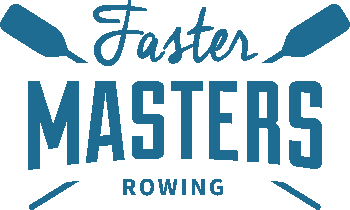How do you work with your coach and how do they work with you?
What boundaries are there to the relationship?
How to give and receive negative feedback
Timestamps
01:00 This Past Week – what we do to advocate for masters rowing.
US Rowing Masters Conference
https://2022usrowingmastersconference.sched.com/
05:00 Ageing Well Webinar
https://fastermastersrowing.com/courses/ageing-well-for-rowing/
08:00 Athlete Coach Relationships
How do they work with you and you with them?
Goals of your program – fitness, technique, camp ….
Develop trust and respect
Understand communication – what would they like to get from the session or what to learn
Life stage and coach relationship
10:15 Life stage and coach relationships
At high school they tell and you do.
Competitive teams – team culture, standards of behaviour and quality training matter
Masters are different our choices are more varies.
12:30 Igor Grinko coach to USSA, USA and China noticed the differences in athlete coach relationships.
Boundaries to relationships
15:00 What boundaries are there to the relationships?
private time
Communication – how, when, text / email / call / Face to face
Days off from the team
Scheduling crews – deadlines
Timelines for practice. Time to arrive and time on the water OTW
18:00 Preparing for the session – brief the coach ahead of time.
What is the approach – do you coach the whole boat or individually?
22:00 Use video to give individual feedback privately
23:00 How to give and receive feedback
Ask at the beginning what are you currently working on?
At the end one good point and one point to work on. Plus video of good sculling.
26:45 Separate their identity from the rowing skills – feedback is not criticism
28:00 Receiving feedback – coach-ability is a great skill to have. Try to do what the coach says.
Some coaches relay on athlete intuition to solve problems. Others explain the “how” relative to a reference point.
31:00 Give coach feedback afterwards for the crew.
35:00 If you want coaching, come close to the coach boat.


